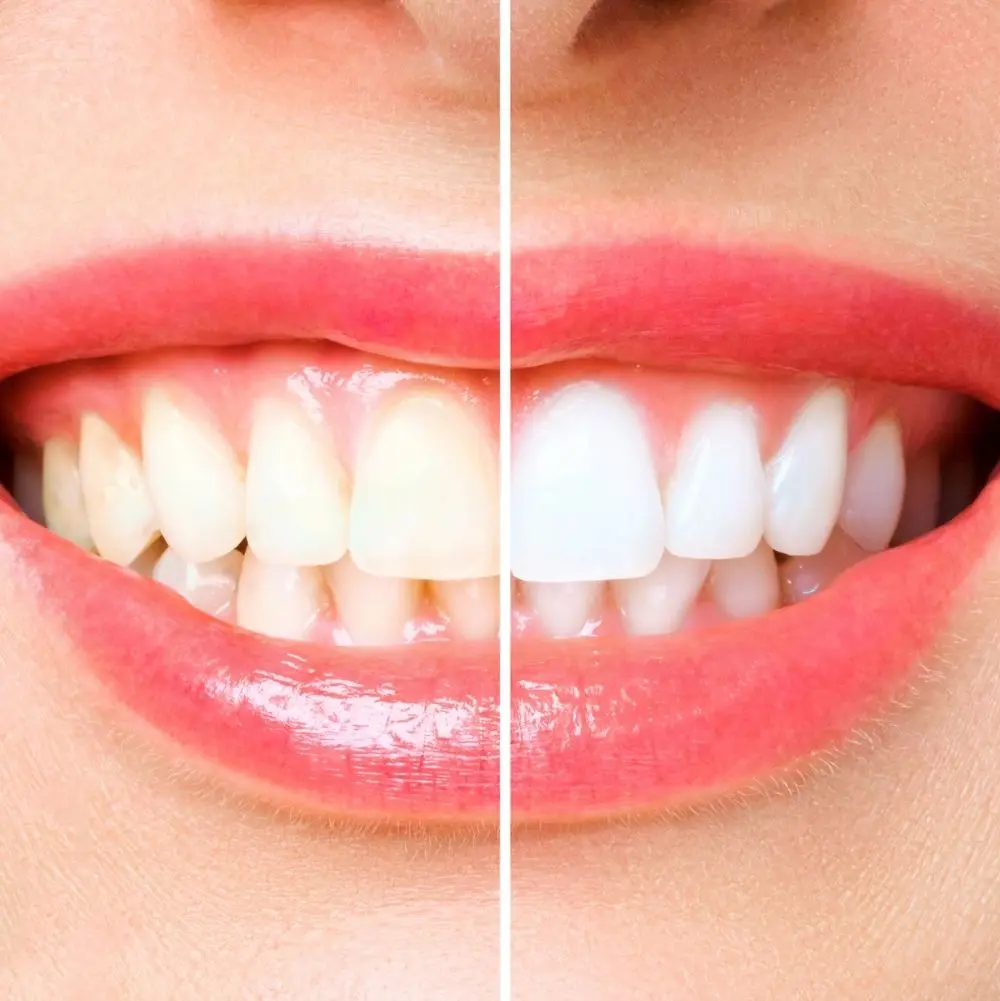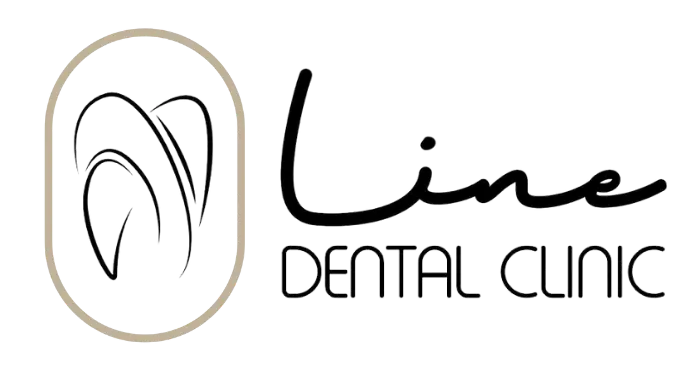Essential Tips for Dental Health: Your Guide to a Healthier Smile
Maintaining good dental health is essential for a confident and bright smile. By following a proper oral hygiene routine, you can prevent common issues like tooth decay, gum disease, and bad breath. This guide will walk you through the steps to keep your teeth and gums healthy, with a focus on key practices and tools.

How to Brush Your Teeth Properly Every Day
Brushing your teeth is the most basic yet important part of your oral hygiene routine. However, it’s not just about brushing daily; it’s about using the right brushing techniques that make the difference.
The Right Brush and Technique for Optimal Results
To get the best results from brushing, you should choose the right toothbrush and use proper technique. A soft-bristled toothbrush is ideal, as it’s gentle on your gums and protects your tooth enamel. Here’s the best way to brush:
- Hold your toothbrush at a 45-degree angle to your gums.
- Use gentle, circular motions to clean every tooth surface.
- Brush for at least two minutes, making sure to cover all areas.
- Focus on the gum line, where plaque tends to accumulate.
By using the right brushing techniques every day, you can reduce the risk of gum disease and maintain healthy teeth.
Why Flossing Is Key to Preventing Gum Disease
Flossing is a crucial part of any oral hygiene routine because it cleans areas between your teeth that your toothbrush can’t reach. This prevents plaque buildup and gum disease, which can lead to tooth loss if untreated.
Best Practices for Daily Flossing
Follow these steps for effective flossing:
- Take about 18 inches of floss and wrap it around your middle fingers.
- Slide the floss gently between your teeth.
- Curve the floss around each tooth, moving it up and down to remove plaque.
- Be sure to floss below the gum line.
Daily flossing is an important habit that helps prevent gum disease and keeps your gums healthy. It’s one of the best dental health tips for maintaining healthy teeth.
The Importance of Tongue Care in Oral Hygiene
Your tongue is often overlooked in oral hygiene, but it can harbor bacteria that cause bad breath and plaque buildup. Cleaning your tongue is essential for complete oral care.
Tongue Scraping for Bacteria and Bad Breath Control
Tongue scraping is a simple way to remove bacteria and debris from the surface of your tongue. It can improve oral hygiene and keep your breath fresh. Here’s how to scrape your tongue:
- Use a tongue scraper or the back of your toothbrush.
- Gently scrape from the back of your tongue to the front.
- Rinse your mouth afterward to remove any residue.
Adding tongue scraping to your daily routine will enhance your oral hygiene routine and keep bad breath at bay.
Using Fluoride Toothpaste: How It Strengthens Your Teeth
One of the best ways to protect your teeth is by using fluoride toothpaste. Fluoride helps to strengthen your tooth enamel and prevent cavities by making your teeth more resistant to acids produced by bacteria and sugar. Make sure to brush with fluoride toothpaste twice a day for the best results.
Mouthwash and Rinsing: An Extra Layer of Protection
While brushing and flossing are essential, using mouthwash adds an extra layer of protection to your oral hygiene routine. It helps to reduce plaque, prevent gum disease, and control bad breath.
Choosing the Right Mouthwash for Your Needs
Different mouthwash products offer various benefits. Here are some tips for choosing the right one for your needs:
- For fresh breath, look for a cosmetic mouthwash that neutralizes odors.
- For preventing cavities, use a fluoride-based mouthwash.
- To fight gum disease, choose an antibacterial mouthwash to reduce plaque.
Regular use of mouthwash will strengthen your oral hygiene routine and protect your healthy teeth.
Maintaining a Healthy Diet for Better Oral Health
What you eat has a major impact on your dental health. A diet that supports oral hygiene can help keep your teeth strong and your gums healthy. Here are some healthy teeth practices you can follow with your diet.
Best Foods for Strong Teeth and Gums
Incorporating these foods into your diet will improve your oral health:
- Dairy products: Milk, cheese, and yogurt are rich in calcium, which helps strengthen your tooth enamel.
- Leafy greens: Spinach and kale are packed with vitamins and minerals that support gum health.
- Crunchy fruits and vegetables: Foods like apples and carrots naturally clean your teeth and increase saliva production.
- Nuts: Almonds and other nuts provide essential nutrients that promote healthy teeth.
Eating a balanced diet full of these nutrient-rich foods can enhance your oral hygiene routine and support long-term dental health.
Avoiding Sugary and Acidic Foods to Protect Tooth Enamel
While a healthy diet is essential, it’s equally important to avoid foods that harm your teeth. Sugary and acidic foods are the leading causes of tooth decay and enamel erosion. Sugary snacks feed the bacteria that produce acids, while acidic foods directly wear away your enamel. To protect your tooth enamel, limit your intake of sugary drinks, candy, and citrus fruits.
Regular Dental Visits: Why Checkups Matter
Even with the best oral hygiene routine, it’s crucial to visit your dentist regularly for professional cleanings and checkups. Biannual dental checkups allow your dentist to catch potential problems early, preventing them from turning into more serious issues.
What to Expect During Your Biannual Dental Visit
During a routine checkup, you can expect:
- Professional cleaning: This removes plaque and tartar that brushing and flossing can’t reach.
- Examination: Your dentist will check for signs of gum disease, tooth decay, and other oral health problems.
- X-rays: If necessary, X-rays will help detect issues like cavities or bone loss that aren’t visible during the exam.
Regular dental checkups are key to maintaining healthy teeth and preventing gum disease. These visits will keep your oral hygiene on track and ensure a long-lasting, healthy smile.
By incorporating these dental health tips into your daily routine, you can maintain a beautiful and healthy smile for life. Remember to brush with the right techniques, floss daily, use fluoride toothpaste, and visit your dentist for regular dental checkups. A balanced diet, proper mouthwash use, and avoiding sugary foods will further protect your oral hygiene and give you the best chance for healthy teeth for life.
